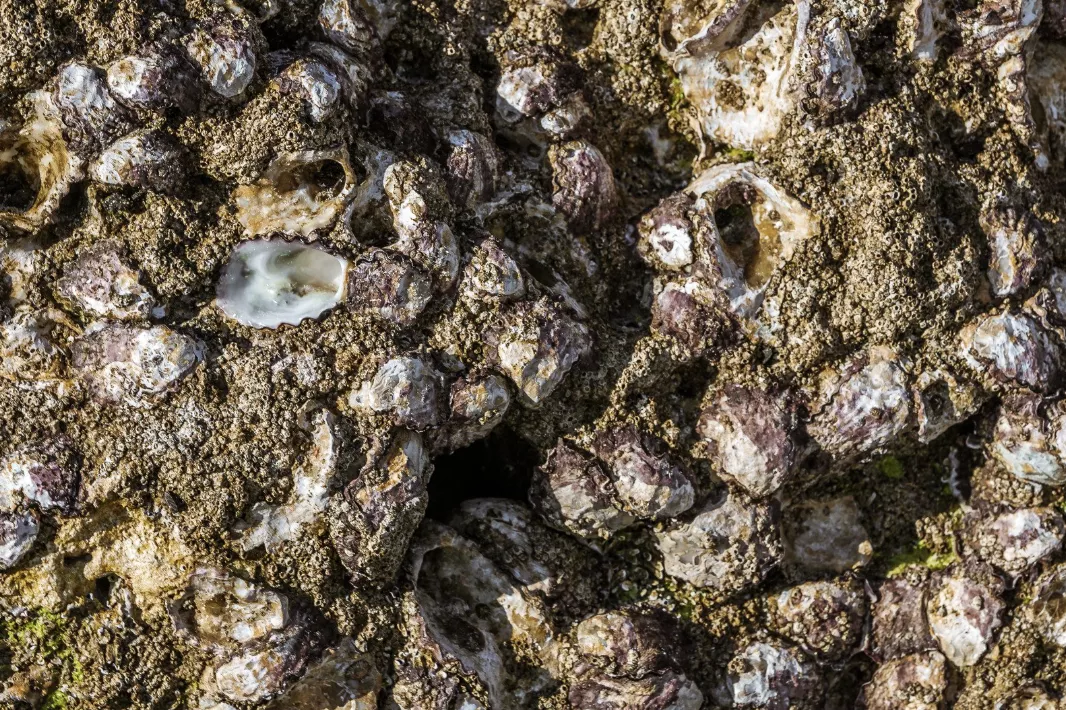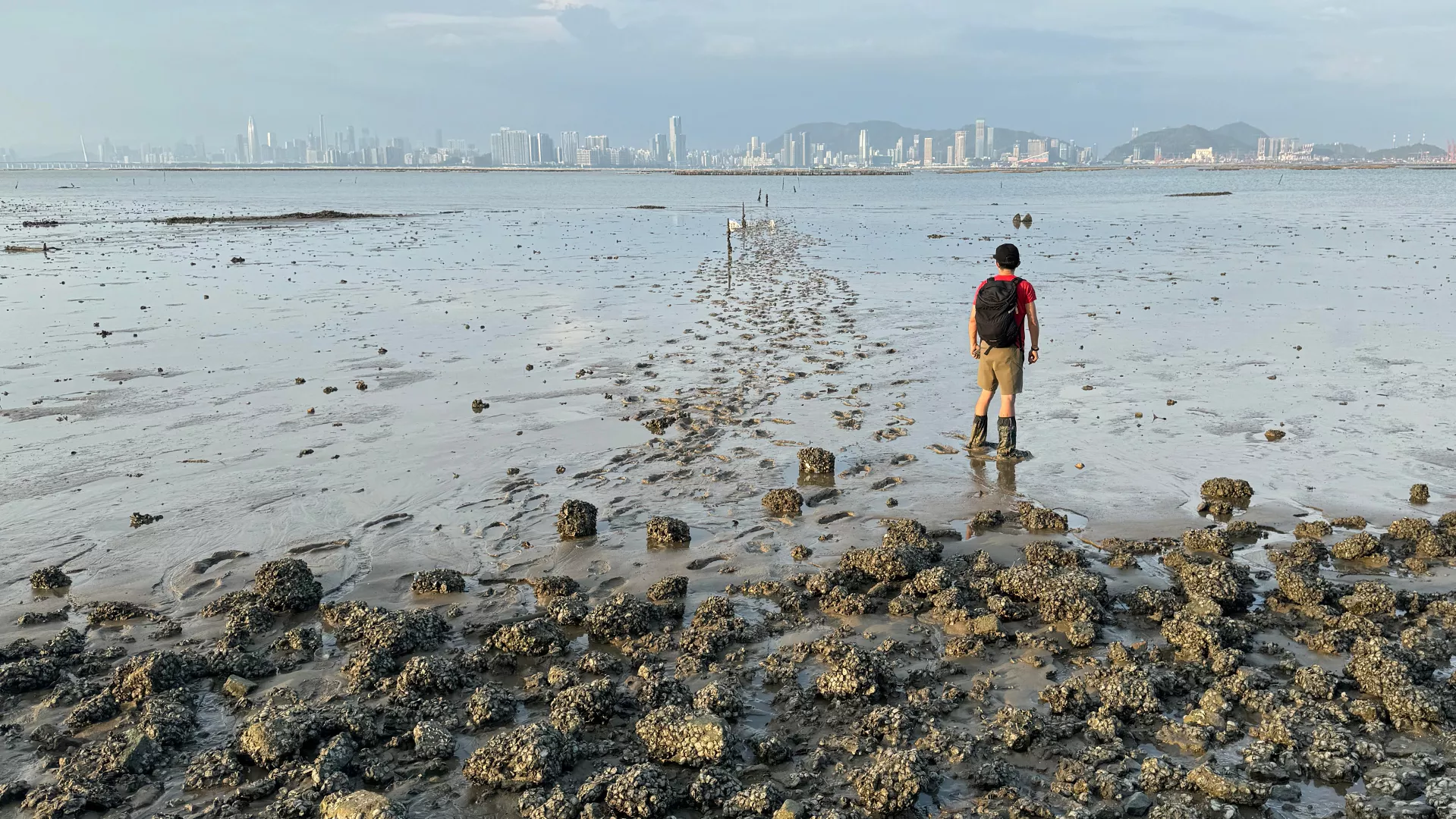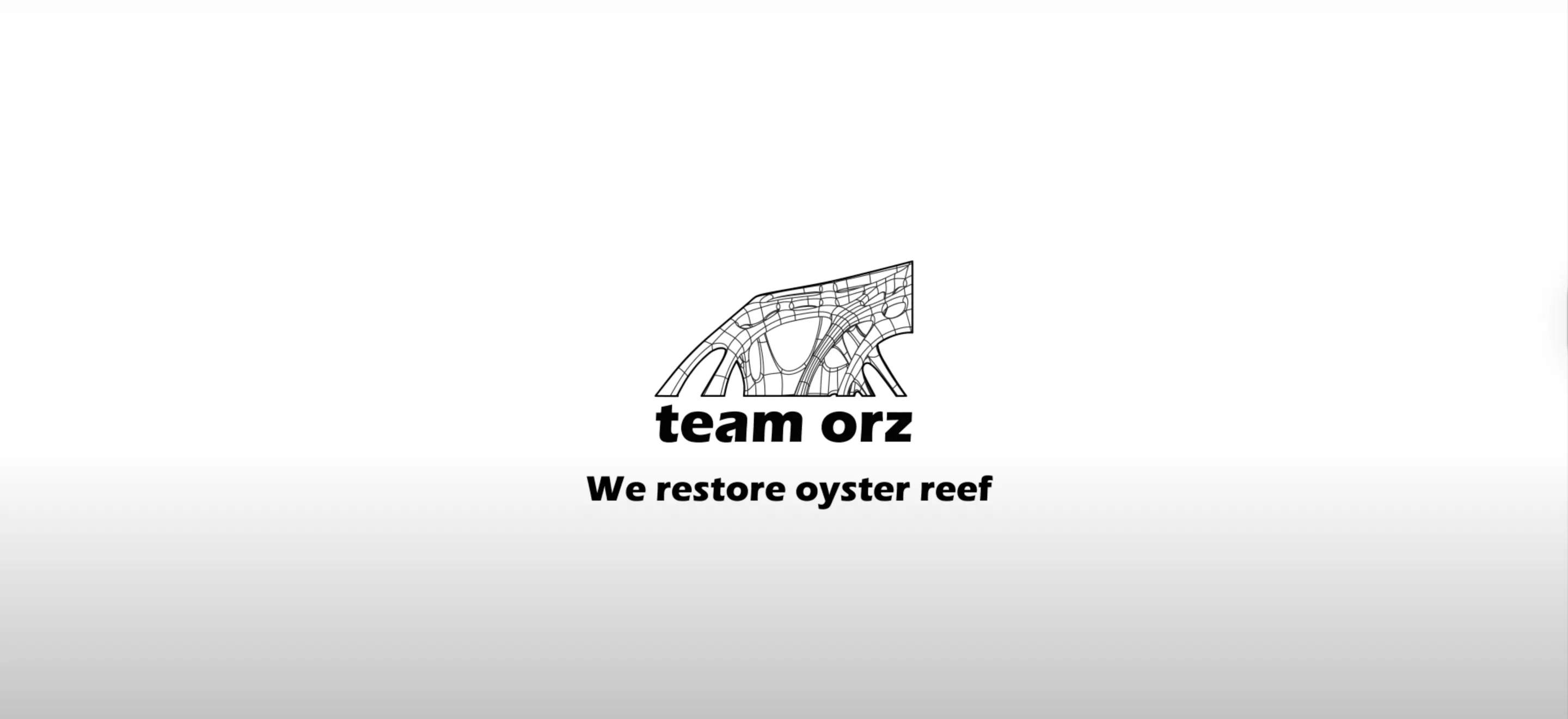Restoring Marine Ecosystems with Smart Oyster Reefs

Restoring Marine Ecosystems with Smart Oyster Reefs
The Smart Oyster Reef Restoration Initiative aims to combat biodiversity loss and water pollution in coastal areas by deploying innovative, 3D-printed artificial reefs near HKUST. These reefs are designed to restore oyster habitats, improve water quality, and enhance marine biodiversity while serving as a living lab for sustainability research and education.
What is the problem this project is trying to address?
Coastal regions near HKUST face significant challenges, including habitat degradation, sedimentation, and declining oyster populations, which are vital for natural water filtration. These issues contribute to poor water quality and loss of marine biodiversity, threatening the health of coastal ecosystems.
How does this project support our sustainable smart campus as a living lab vision?
This project uses advanced 3D printing technology to create artificial reefs made from sustainable materials, such as biodegradable or recycled composites, which are safe for marine life and reduce environmental impact. These reefs are designed to mimic natural oyster habitats, allowing oysters to thrive and naturally filter water, improving water quality and biodiversity. The "smart" aspect comes from using hydrodynamic modelling to determine the best reef shapes and locations, ensuring they work efficiently with water flow to maximize oyster growth and filtration.
It provides a hands-on learning platform for students and faculty, fosters interdisciplinary collaboration, and demonstrates scalable, eco-friendly solutions to environmental challenges. The initiative also promotes community engagement through workshops, demonstrations, and outreach campaigns.
What's next?
The project will progress through prototype testing, lab-based trials, and real-world deployment at HKUST’s shoreline, followed by scaling to larger coastal areas like Ocean Park. Future steps include refining reef designs, expanding monitoring systems, and sharing findings to inspire similar restoration efforts globally. The long-term goal is to establish HKUST as a leader in ecological innovation and sustainability.

